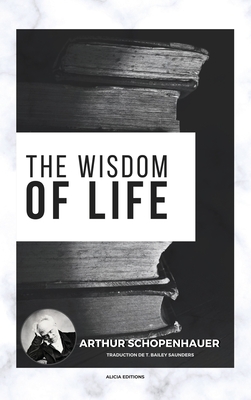"The happiness we receive from ourselves is greater than that which we obtain from our surroundings" -Clemens Alex. Strom. II., 21.Schopenhauer is one of the few philosophers who can be generally understood without a commentary. Clear, vigorous, and drawn from life itself, his writing stands apart for its rare accessibility and sharp insight. In The Wisdom of Life, he explores the art of living well-what he calls eud monology-offering practical reflections on how to make life as bearable, even as happy, as possible.Departing from his usual metaphysical stance, Schopenhauer speaks here as a worldly observer, aware of life's illusions but still concerned with the question of how best to live.Although this volume can be read independently, it is drawn from Parerga and Paralipomena, a later work intended to complement The World as Will and Representation. Like a citadel with many gates, Schopenhauer's system allows entry from many points-and here, in vivid and worldly reflections, he reveals himself as a philosopher who has truly experienced life.










